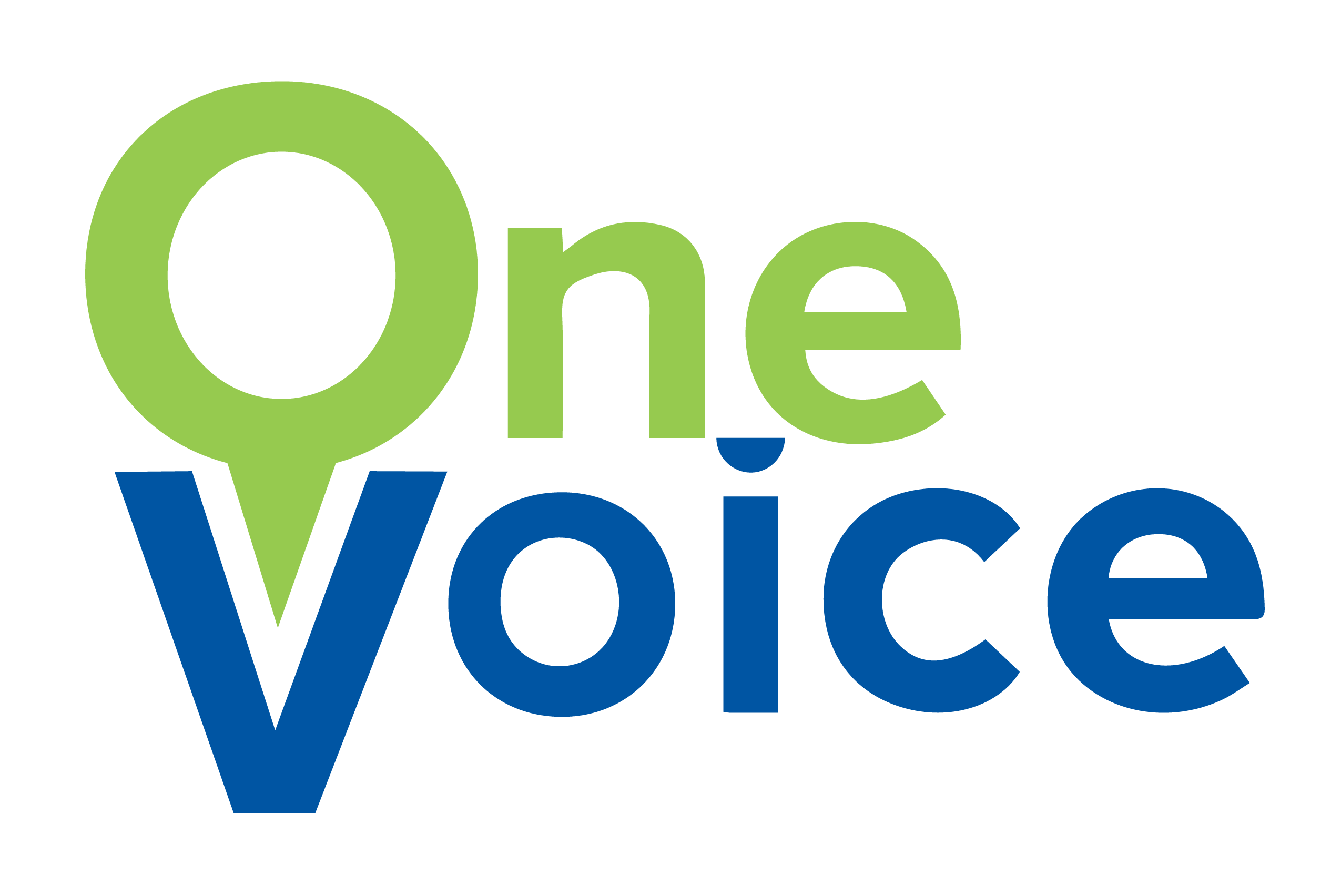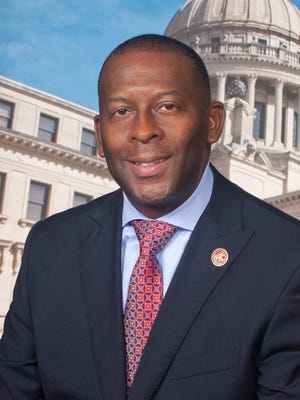Mississippi’s economy has fared better than expected since the onset of the coronavirus pandemic, but counties and cities across the state continue to face challenges. Fortunately, the American Rescue Plan will provide billions of flexible dollars to local governments that can help communities recover from unexpected revenue losses and support critical investments.

Representative Chris Bell, District 65
To ensure the long-term well-being of their communities, local governments across the state must seize this opportunity to undo the systemic issues and racist policies that have stripped wealth and furthered disinvestment in majority Black — mostly rural — communities throughout the state.
Last month, the U.S. Department of Treasury issued guidance on the spending of $350 billion in fiscal aid for states, local governments and tribal nations provided by the American Rescue Plan’s Coronavirus State and Local Fiscal Recovery Funds.
Mississippi will receive $1.8 billion of the total funds, including $578 million for Mississippi counties, $101 million for metropolitan cities and $268 million for local governments with populations of less than 50,000 individuals. By granting local governments flexible spending decision-making authority over portions of American Rescue Plan funds, counties and cities across the state are able to meet their own local needs.
K-12 education has been funded primarily by state and localities, but years of underinvestment have produced vastly unequal opportunities and outcomes in Black and rural communities across the state. So far, the CARES Act and the American Rescue Plan have provided over $318 million and $2 billion, respectively, in public and higher education funding to the state. But local governments can use the SLFRF to do even more to provide a quality education for all children,no matter their color, background, or zip code.
Communities should use the additional federal aid to address disparities in their districts by investing in early learning services, funding quality childcare, providing resources for high-poverty schools, and improving broadband infrastructure.
Municipalities across the state should also use this opportunity to support working families and individuals struggling in the job market. Historically, state laws and policies have led to a significant concentration of white men among the state’s highest income earners. Black households and other households of color conversely are disproportionately represented in the state’s lower-income group. Because of this reality, the pandemic was especially hard on Black and women workers.
Previous pandemic relief aid provided direct cash and food assistance to these workers. But Gov. Tate Reeves’ recent decision to cancel an extra $300 in weekly federal unemployment benefits means that communities will have to do more to boost wages and help people with limited income. Local communities should use the SLFRF to help rebuild their labor markets, invest in workforce development, and expand income and food assistance programs, where possible.
Communities can use the SLFRF to help improve health outcomes and address long-standing health inequities in the state. Although the American Rescue Plan provides incentives for the state to expand Medicaid, Mississippi remains one of 14 states that have refused. Coupled with the coronavirus pandemic, the continued lack of affordable health care in the state widens health disparities, especially among essential workers, parents caring for children, older and younger adults, and Black Mississippians. Thriving communities require healthy families, and the SLFRF can help communities face the immense health challenges exacerbated by the pandemic.
Communities should use their federal aid to improve coronavirus testing to minority and low-income communities, expand access to and education about vaccines, and invest in their remaining rural health centers to help families get the care they need and lessen health disparities. Of course, due to past federal and state policy decisions, barriers to racial and wealth disparities existed before COVID-19. But the pandemic and its economic fallout have further exposed unequal opportunities and outcomes in education, employment, and health in many of our communities.
Federal lawmakers have already enacted this historic relief for our families. As we look toward the future, communities across the state must take this opportunity to use this one-time federal aid to invest in themselves, and advance policies that help undo destructive legacies of racial bias decisions in order to create the Mississippi we all deserve.
Source: The Clarion Ledger


Leave a Reply